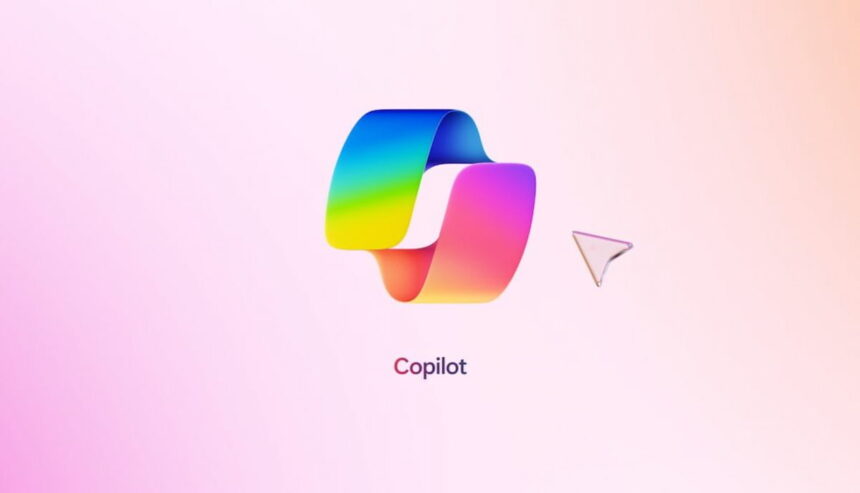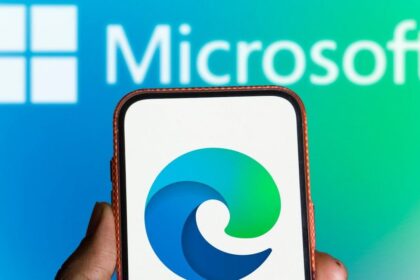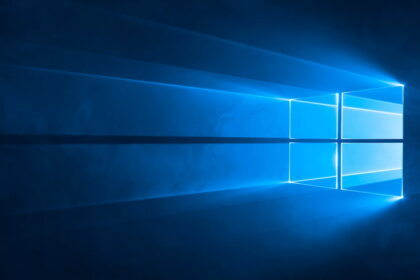At times, Microsoft can feel like it lacks a clear direction. While the company was quick to embrace artificial intelligence, leading the industry with its smart, forward-thinking partnership with OpenAI, it also seems to tend to trip itself up.
Despite the praise Microsoft earned for its early AI adoption, recent comments from the company acknowledge that they’re still playing catch-up with some major competitors. In doing so, Microsoft seems to be casting doubt on its progress, inadvertently highlighting areas where it still lags behind other tech giants.
From Bing Chat to Copilot to… Windows Intelligence
Microsoft made a brilliant initial move by enhancing Bing with AI-powered chat features, which many saw as a strategic win for the search engine. Then, they introduced “Copilot” as a cohesive brand name for their AI features across products like Windows, Microsoft 365, and Bing.
The name “Copilot” felt spot-on—neutral yet empowering and well-suited for integrating AI assistance across the Microsoft ecosystem. Marketing had adapted to it perfectly, and the concept resonated with users.
So, why shift gears now and rebrand as “Windows Intelligence”? This change seems puzzling, as “Copilot” had already built strong recognition and conveyed precisely what Microsoft aimed to achieve with its AI tools.
Let Apps Access Windows Intelligence pic.twitter.com/gbyU4JdmG5
— https://tero.bsky.social 💙💛 (@teroalhonen) October 18, 2024
Rebranding as “Windows Intelligence” might create more confusion than clarity. First, it adds another layer to the Windows name, which already carries strong associations. It also risks appearing as if Microsoft is copying Apple, even though Apple joined the AI race relatively late.
Beyond the branding issues, frequent name changes can overwhelm users, leaving them uncertain about what each service provides. Microsoft should continue with its original “Copilot” branding, which has already gained traction and aligns well across the product suite. Admittedly, the Copilot-PC launch was rushed, with its key feature “Recall” delayed until December. However, changing the name again could add to user confusion and undermine confidence in Microsoft’s approach.
Keeping a consistent brand will help users feel more secure in what Microsoft offers rather than having them adjust to yet another new name.










